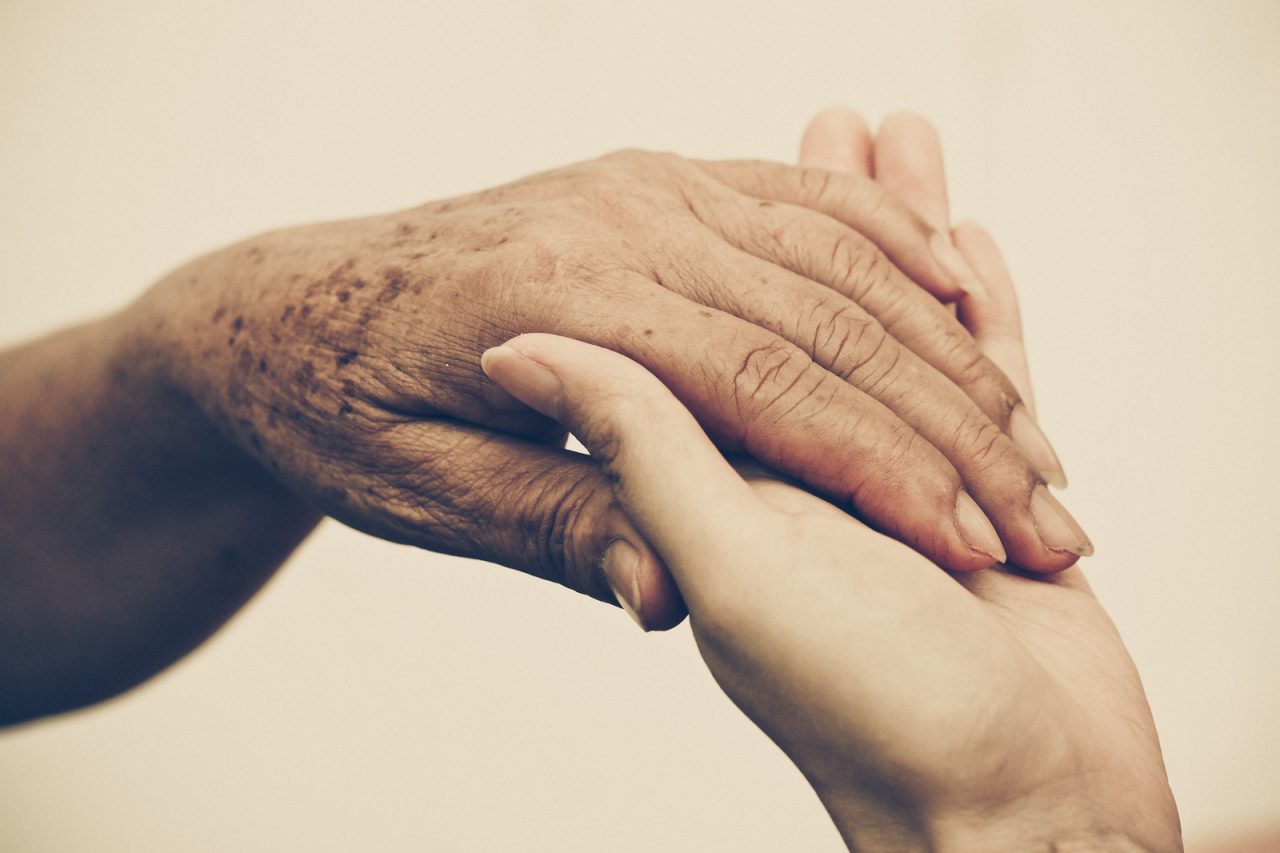One of the most satisfying sports is to make ourselves feel better by degrading another. What better way to make up for our own inadequacy, then to shove someone else’s face in theirs? We see this at work, in our families, in politics and in almost every type of social interaction. Nonetheless, it is particularly painful and tragic when we project our own fear and frailty onto someone that is dealing with the consequences of disease and even death.
Not long ago I sat down with the wife of one of my patients. He had recently died of lung cancer. He had been a particularly proud and private person and had kept most of the travails of the disease from friends and family. Happy to give him the dignity and freedom he wished, she shouldered his needs. With him every moment, she was a remarkable and powerful support for over a year. By her love, guidance and care she gave him not only dignity and comfort, but helped him to live longer.
At the end of his life, when the disease was present, but quiet, he wished to return to the land of his childhood, his roots, by visiting his family home in Greece. With great effort she scheduled the trip, organized his medicines, arranged backup medical care and of course escorted him on that final journey. It was a wonderful gift.
Upon arriving in Europe his health deteriorated as the cancer grew explosively and multiple terrible complications followed. Only with great effort was she able, as he wished, to get back to the United States, where he was immediately hospitalized and died three weeks later.
The casket was barely closed, and the funeral crowd drifting away, when it started. His friends and family, their friends and family, saddened by his death and shocked he had not shared his suffering more in life, attacked her. Why had he gone to Greece? Didn’t she know he was sick? Wasn’t it a bad time for a vacation?
They cornered her in that most vulnerable time, those first days when her heart had been ripped out and placed in the coffin. “The airplane killed him.” “The change in climate made the cancer grow.” She took him from his doctors, leaving him to quacks and faith healers who committed him to die. If he had really been so sick, then he would have told them, so the insane voyage killed him. It was her action, her inaction, her desertion, her fixation, her selfishness and even her obsessive love by which she neglected him to death.
Now in truth, she was an angel, the perfect caregiver, who gave everything, including her soul, to the man she loved. It was a time when there were dozens of daily decisions, all of which felt momentous and few of which had lasting effect. They clung to each other and fought for life and hope. However, in the end he died, not because they did not love and did not care; he simply had a nasty metastatic cancer and it killed him.
Her friends and family needed a salve for their guilt at failing to help or to appreciate his needs in life. Thru horrible words they sought to save themselves by crushing and belittling her gift. Still, their words cannot be justified and can barely be comprehended.
How often do we carelessly add to another’s grief or fear? “You had breast cancer five years ago? My neighbor died of breast cancer that came back after ten years.” “Your mother had surgery at Main Street Hospital? Aren’t the best surgeons at Hope Hospital?” “Well, what did you expect to happen, you smoked!” “Of course it she would have done better, if you had just listened.” “You pulled the tube? I guess that was the right thing to do, but did you hear about the guy who woke up after eight years?”
Obsessed with our own pain and loss, we cannot help but open our mouths and spew out trash, which multiplies suffering. It is a corrupt contribution to the grieving process. Maybe we even think that it helps the victim of our utterance. Perhaps, but I think it often serves only the need to protect our own mortal inadequacy and distance ourselves from empathizing with true emotional pain.
There are several lessons. First, you do not need to talk. If you are not sure what to say, don’t. Just being there, a touch, a hug, goes a long way. Second, you cannot fix it. There is nothing you can say to take the grieving person, the scared person, the alone person, from suffering to happy in a couple words. It takes time for us to absorb the loss into our soul. Make your goal simpler; just give support in the moment. Unless you really have a dramatic insight, do not play therapist. Finally, before opening your mouth, connect to your feelings. If you are frightened, anxious, confused or angry and hurt, beware. This is dangerous ground and ripe for you to utter something stupid and hurtful.
In these challenging times, we rarely mean to hurt one another. However, sometimes, overwhelmed by our own emotional tumult, we give pain, instead of hope. Fortunately, it really is not that difficult to lend support and help healing. It entails thinking a moment about what the loss means to us, thinking about what the loss means to the other and gently holding a hand and heart.







15 Comments